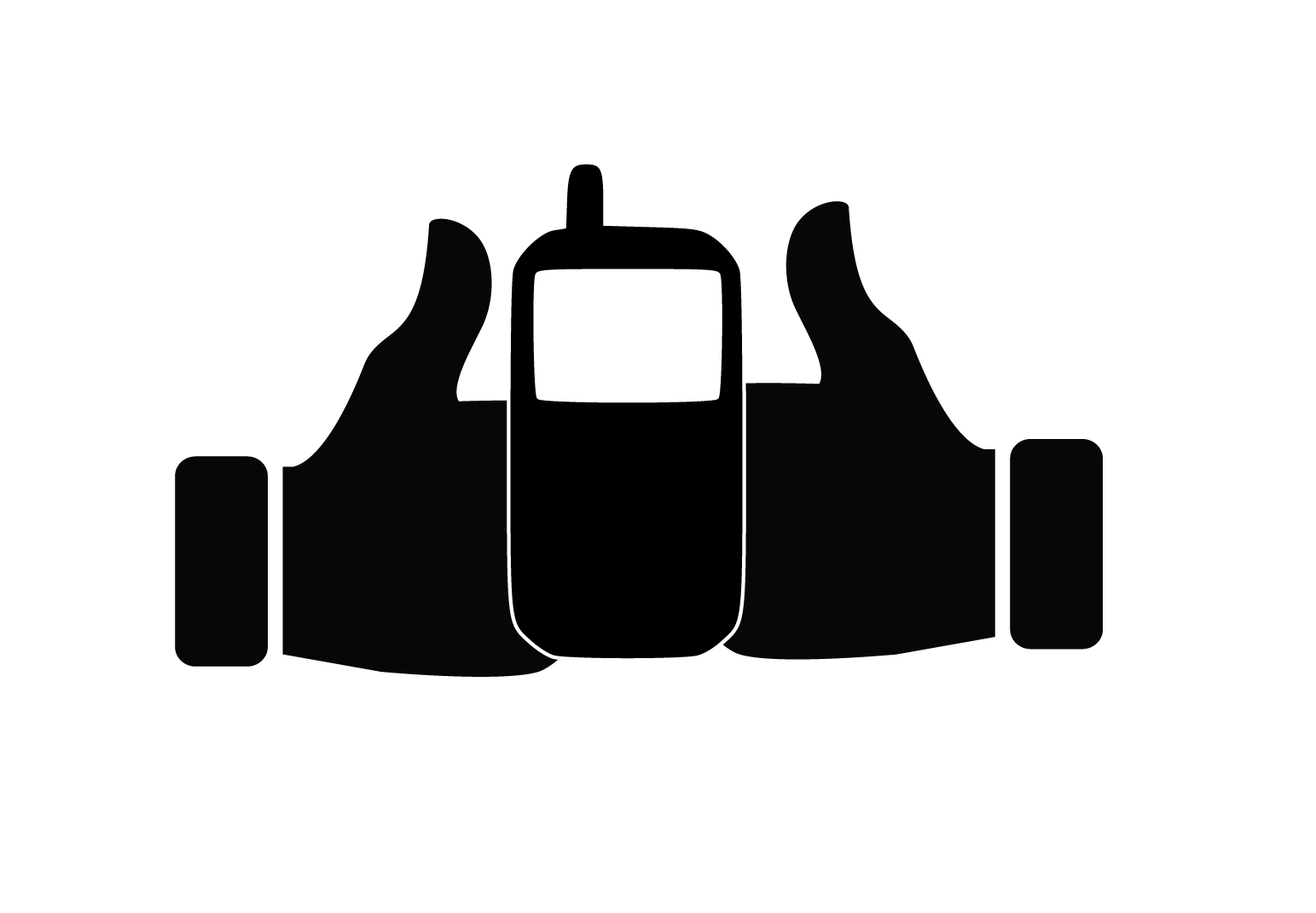Thumb Culture
By Guest Blogger Lauren Wagner @typewriters

Text for health programs cover a wide range of issues, from curbing texting while driving, to smoking cessation and providing information about sexual health. By profiling a few of these mobile applications and news items, let’s explore how we go from merely texting, to texting to improve health.
HHS and Text4Health
Last month, the Department of Health and Human Services publicly announced its support for QuitNowTXT, designed to help smokers break their habit. But the excitement didn’t stop there. Because text messaging is “widely available, inexpensive and allows for immediate delivery of cessation information,” the HHS is keen to partner with other nations to distribute their program worldwide. It was designed as a resource that can be adapted to uses inside and outside the US and to languages other than English. QuitNowTXT includes tips, informational content, motivational messaging and actionable strategies to manage cravings.
But a NPoll revealed that smoking prevalence is very much dependent on culture and society. Although the same mobile technology might be used throughout the world, time will tell whether this type of program can be effective on a global scale. Do people in different countries respond similarly to text-based initiatives? Is this scalable? The London School of Hygiene & Tropical Medicine are in the midst of testing smoking cessation text program, tex 2 stop.
Here’s a study that might offer some insight into how text messages can influence health across cultures. Last year researchers piloted a mobile program in Kenya to test whether communication between providers and HIV patients would improve adherence to drug regimens and suppress viral loads. Every Monday morning the group received a text message from a health worker that simply asked, “How are you?” Patients were instructed to respond that they were doing well or that they had a problem (at which point a nurse would contact them.) Although most reported that they were doing just fine and never interacted with a health worker directly, these patients showed improved adherence to drug regimens and were healthier compared to the control group, which didn’t receive the texts. (read more here)
And the most interesting part? When subjects were asked what they thought about the program, many said that they just felt like “someone cares.” If feeling cared for improves health behavior and can be conveyed through mobile communication, then a global mHealth program might just do the trick.

